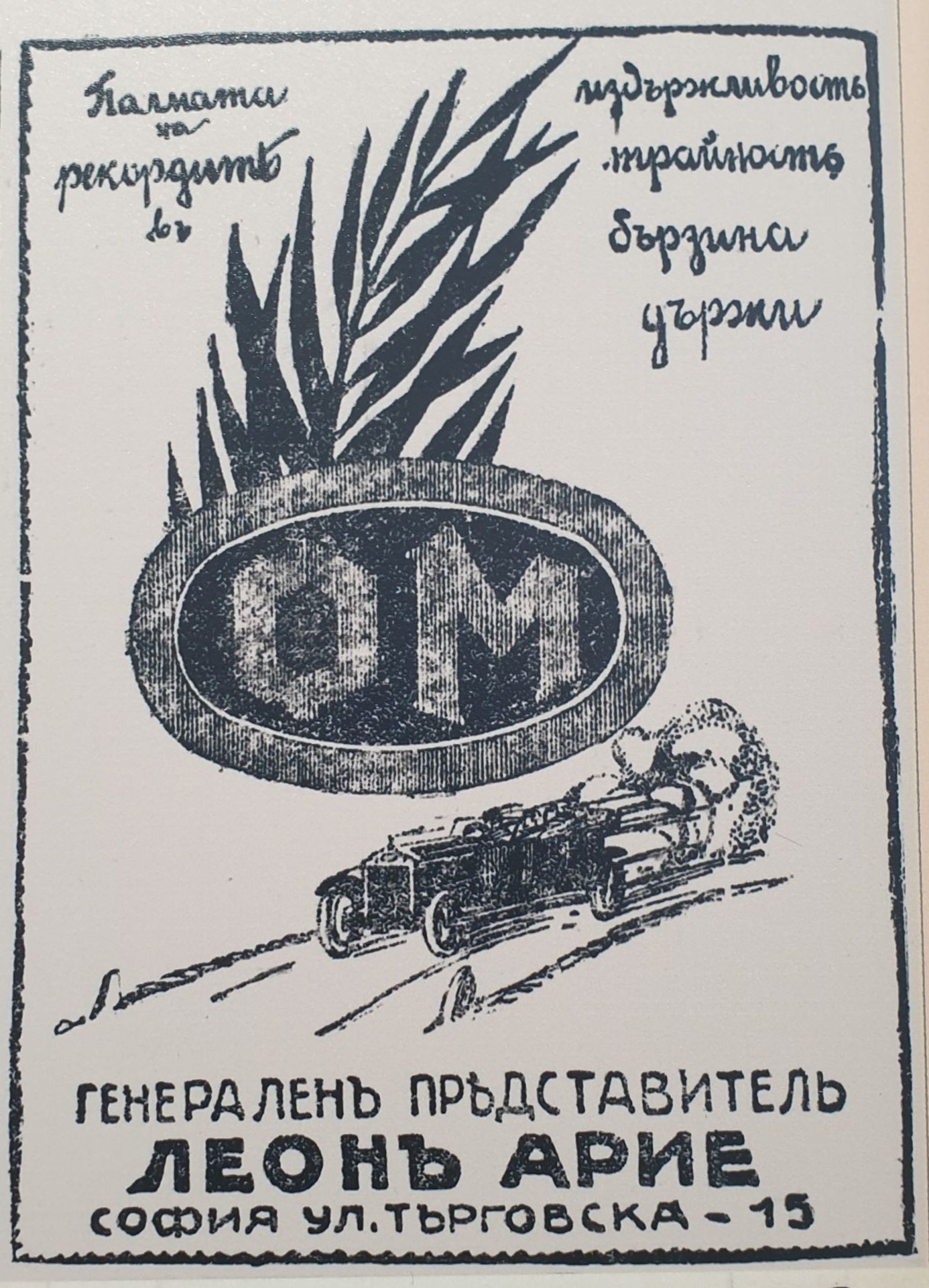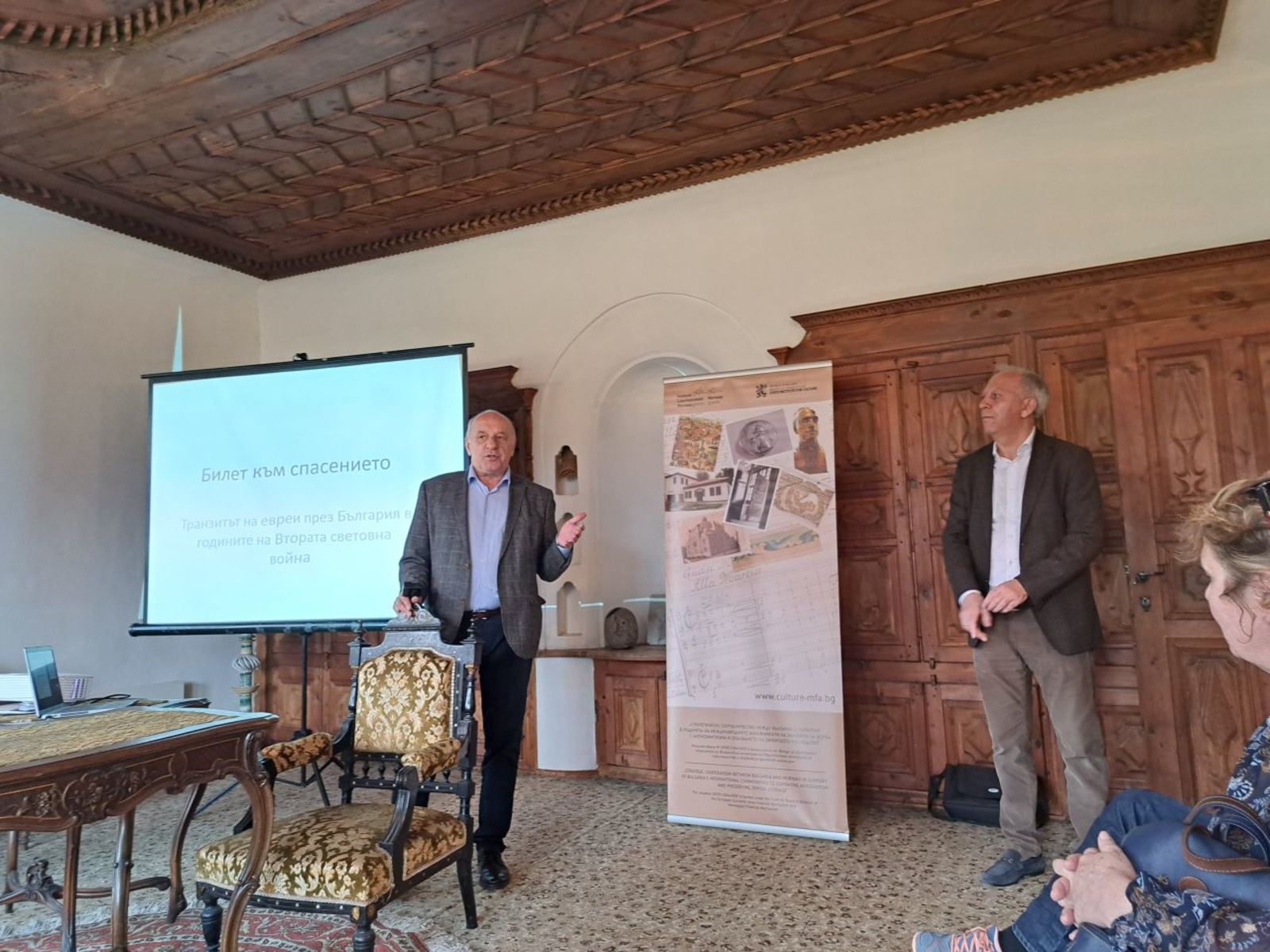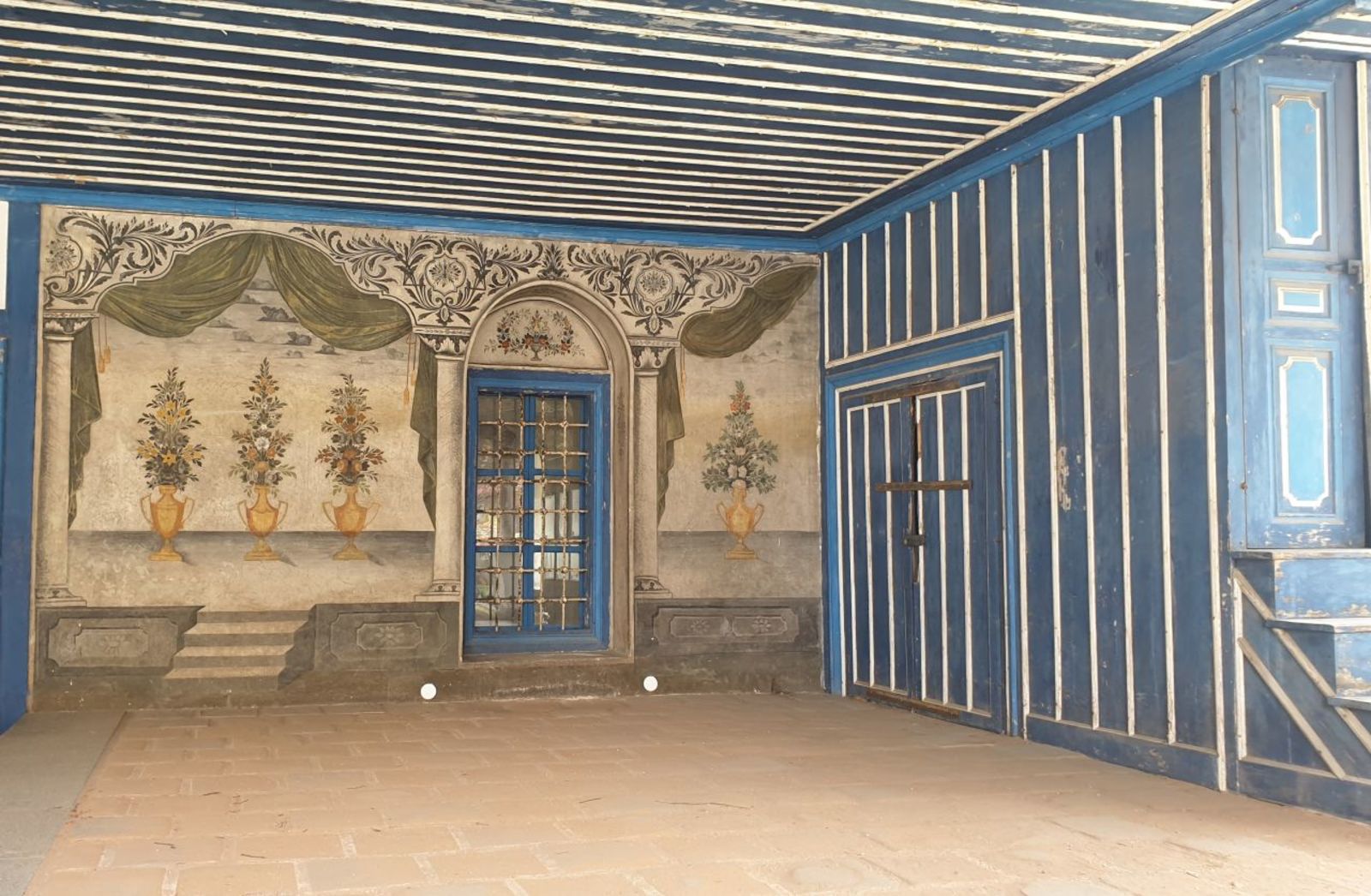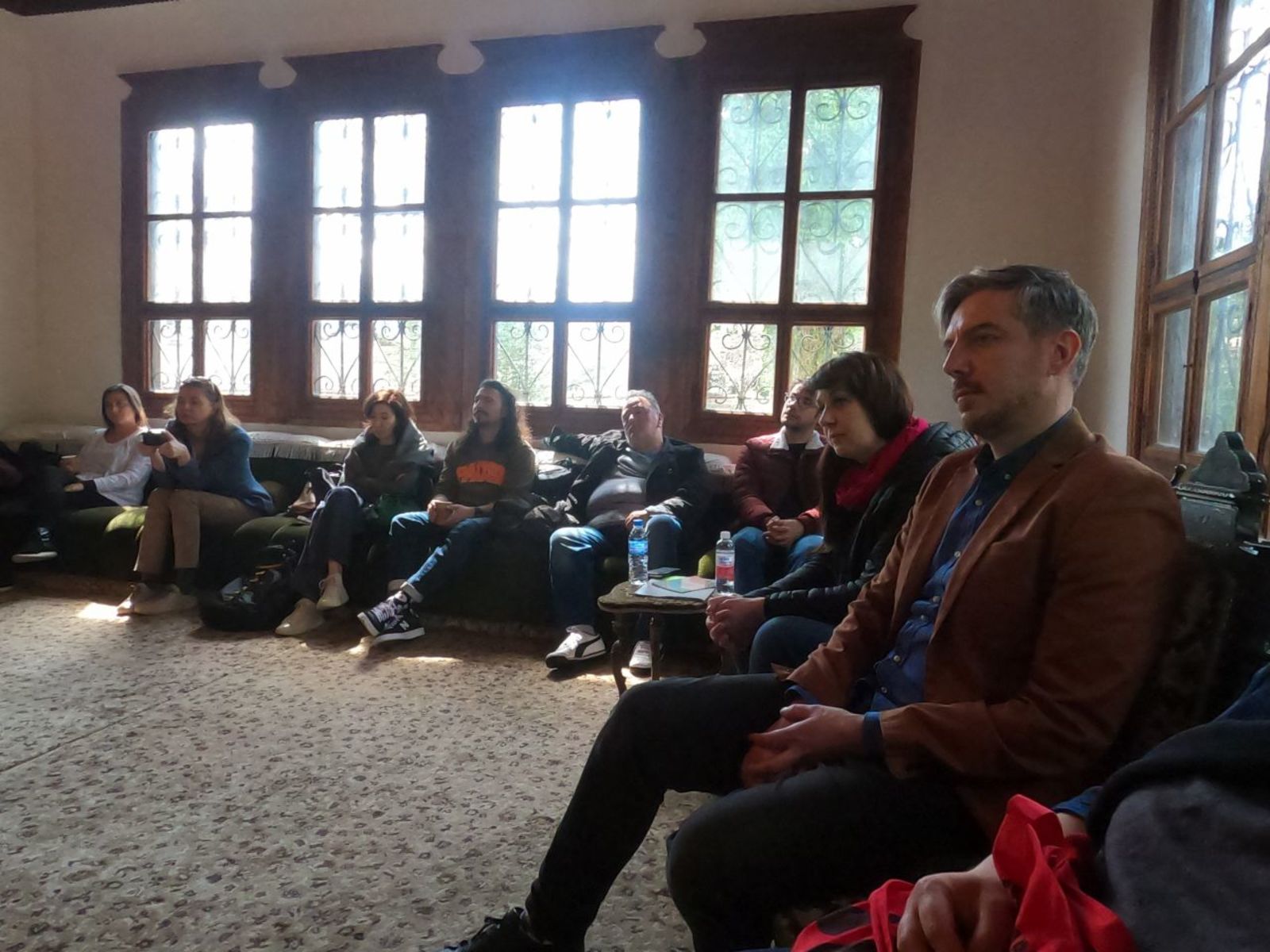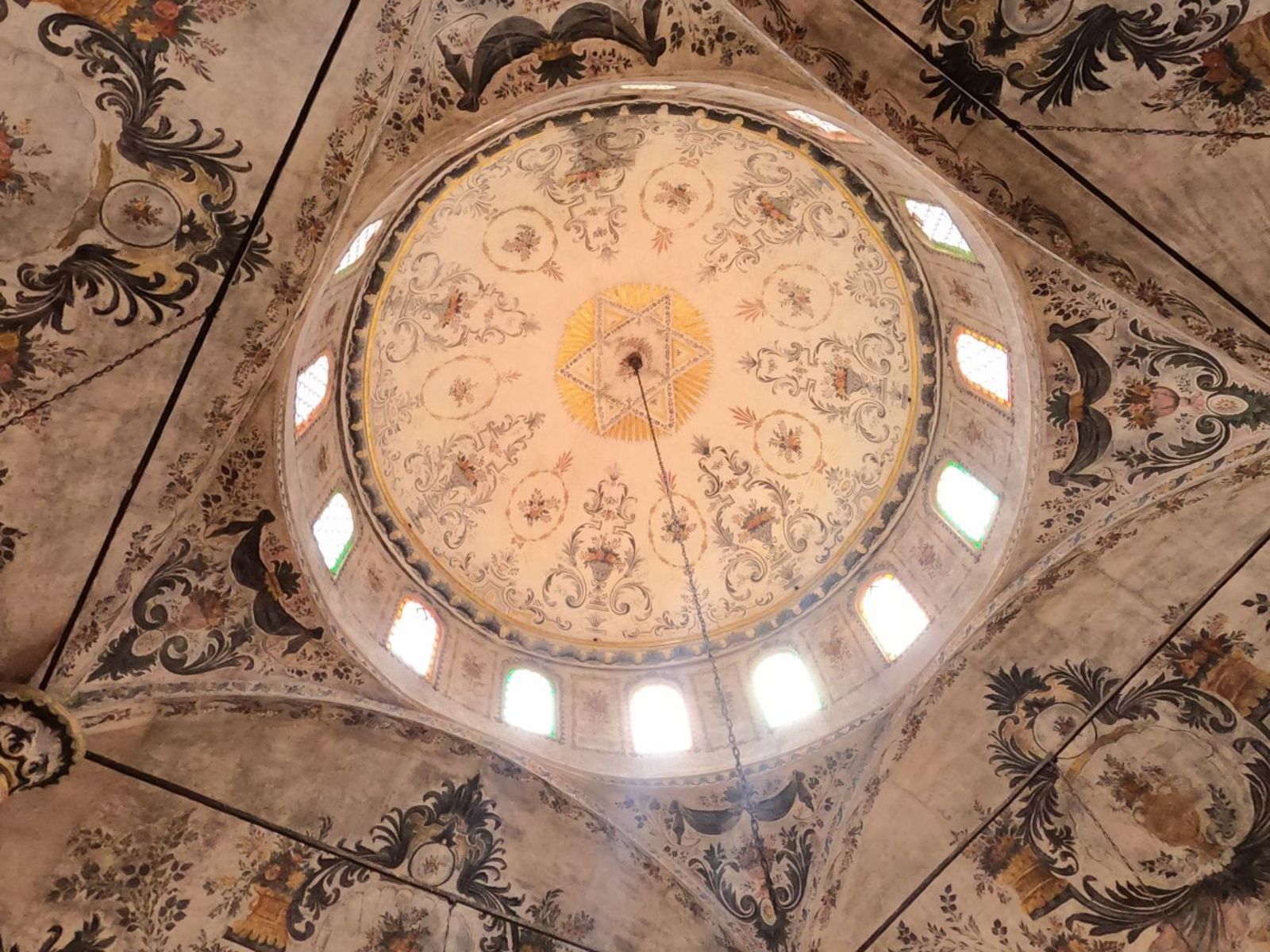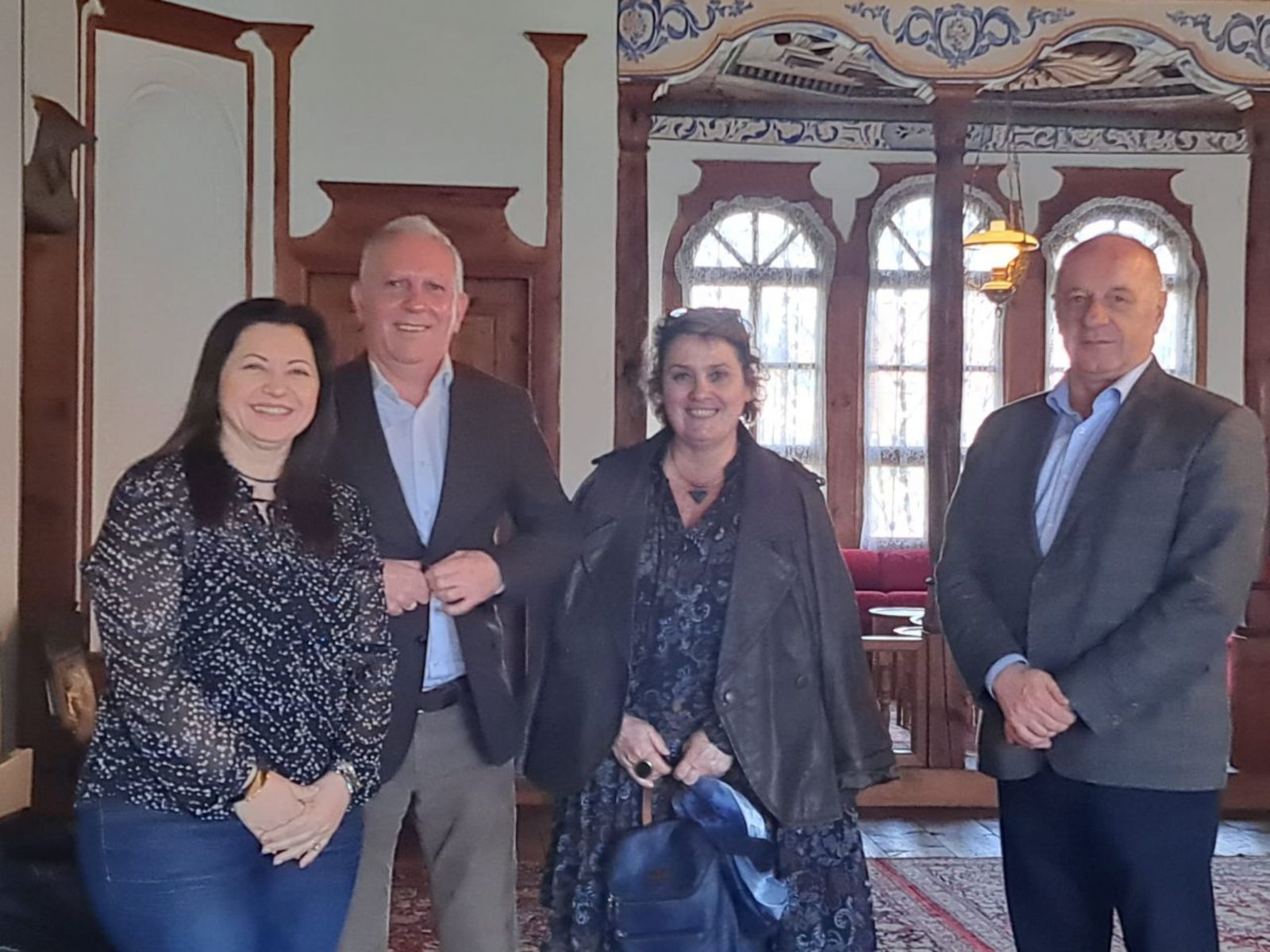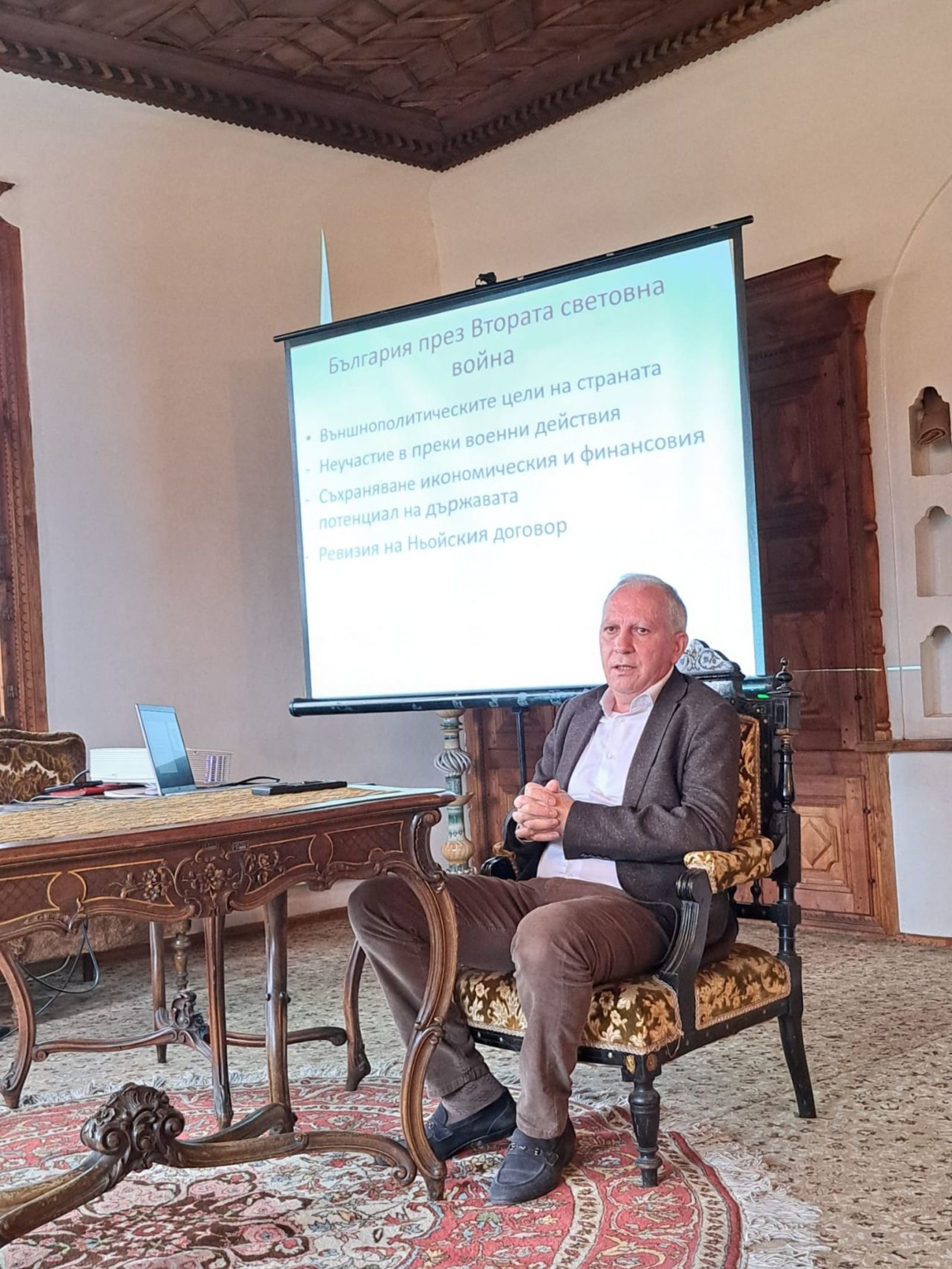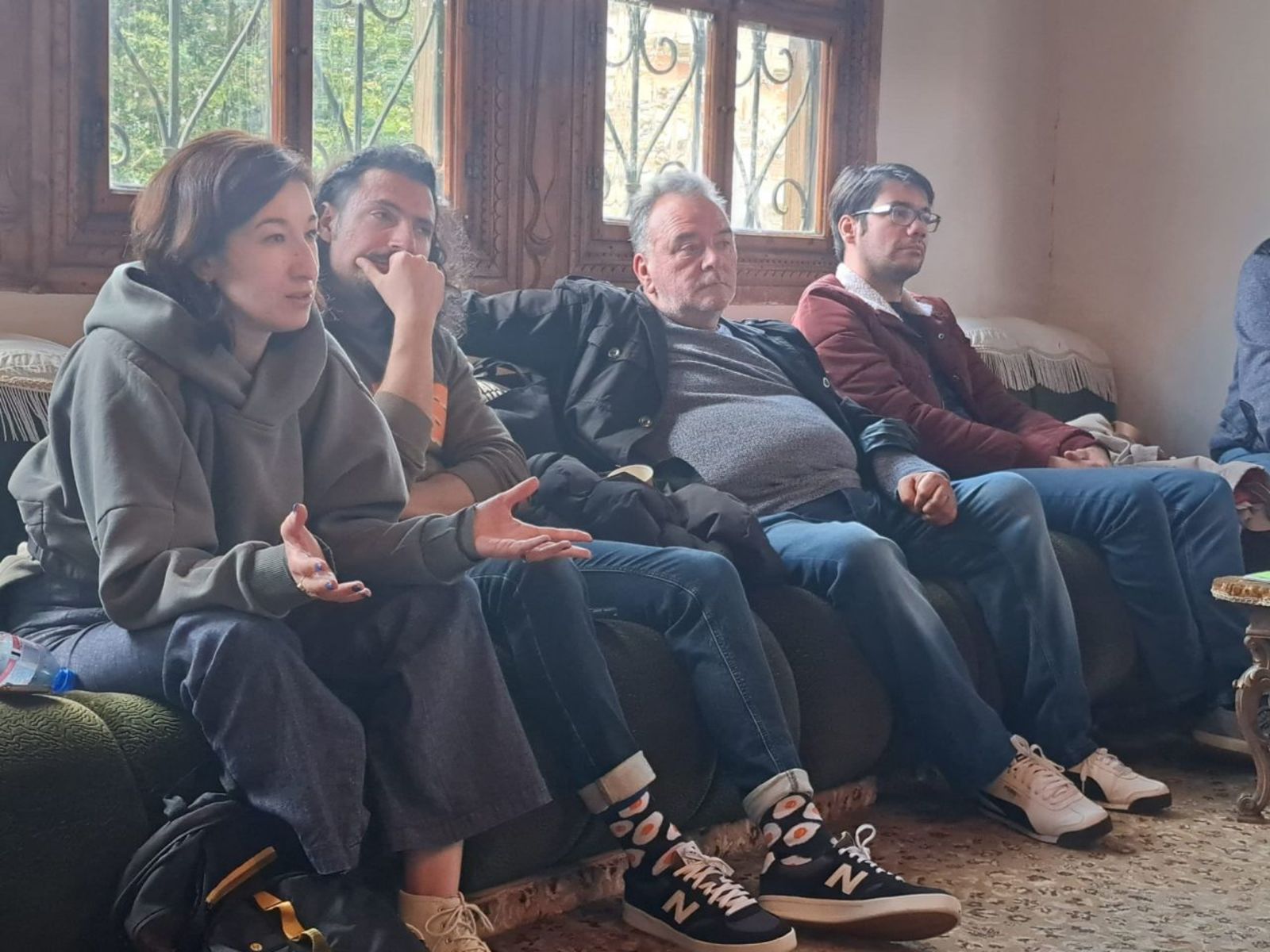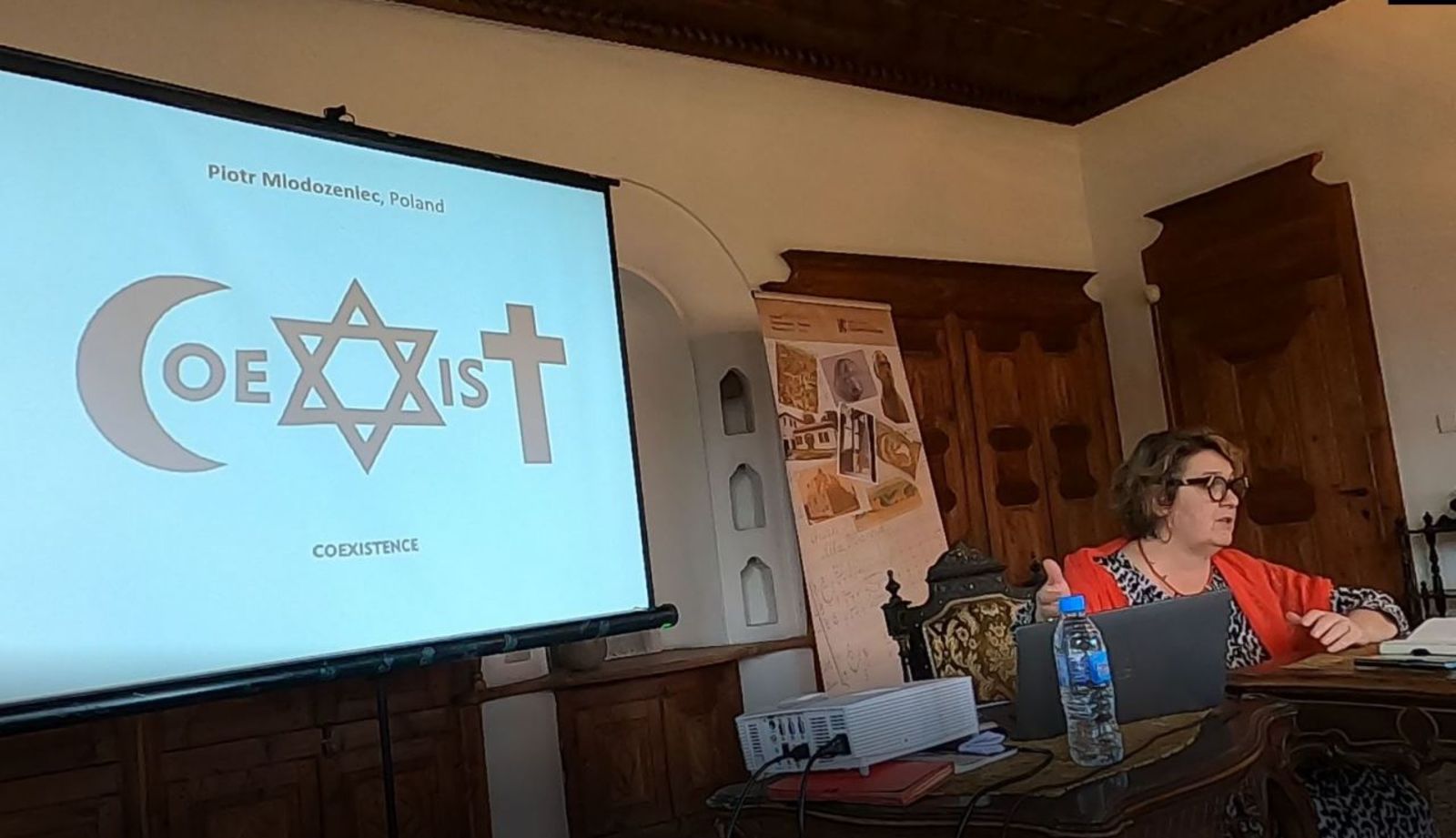Art Residency and Seminar in Samokov
April 21-23, 2023
As part of the project, “Strategic Cooperation project between Bulgaria and Norway in support of Bulgaria's international commitments to combat anti-Semitism and the preservation of Jewish heritage” two residency programs are planned for the year of 2023:
In the period from April 21 to 23, 2023, the State Cultural Institute hold a plein-air in the city of Samokov for authors who are invited to create a collection of social posters on the topic of the project.
The program is implemented together with the Historical Museum of the city of Samokov and Triennial for the stage posters. The host for the meeting and presentation was the cultural monument Sarafska House - a cultural monument managed by the National Donor Fund of 13th Century Bulgaria.
Participating authors had the opportunity to get acquainted with the goals of the project and to discuss the topics of a future poster collection with a strong social message and address to a young audience.
Several presentations were included in the outdoor program. The first was related to the history of the Sarafska house, the participants had the opportunity to get acquainted with the process of preservation of the architectural monument. The history of the Jewish family Arie, who built this house and initiated the creation of a synagogue in Samokov, was also presented.
Presentations were also held in the synagogue itself, which is undergoing an upcoming restoration and prepared on the concept of creating a cultural center. The Mayor of the city and the Director of the Samokov Historical Museum discussed the possibilities for integrating the space of the synagogue into a diverse cultural programme of the city.
The participants got acquainted with other objects of cultural heritage in Samokov - the mosque, the Mitropolite church and the church of Saint Nicholas, they looked at the collections of the Historical Museum and the archaeological and visitor center of Tsari Mali Grad.
Two more presentations were included in the program. Professor Daniel Vachkov, Institute for Historical Studies at the National Academy of Sciences, delivered a lecture on the rise of Nazism in Europe and the efforts of the Bulgarian state to stay away from the looming geopolitical conflict. The policy of neutrality and the efforts of Bulgaria to achieve the peaceful return of the territories lost at Versailles were followed. The return to Southern Dobrudja within the borders of the country was a successful stage in achieving the goal in this peaceful way, but at the end of 1940, the pressure on Bulgaria to occupy the country in the conflict became unstoppable.
As another attempt to deflect the pressure for military involvement, the Law on the Protection of the Nation was adopted, which demonstrated the ideological closeness to the victorious Nazi Germany. Inclusion in the Axis Pact in March 1941 coincided with the transfer of German troops through Bulgaria to Greece. Later, military force and administration were introduced in parts of Vardar Macedonia and Western Thrace, but supreme control remained in the hands of the Germans.
The application of the anti-Jewish measures of the Law for the Protection of the Nation during the first two years is quite inconsistent, even in the report to the German envoys in Sofia, unsatisfactory results are indicated. Only after the well-known conference in Wannsee, where the "Final decision" was taken, Bulgaria was forced under German pressure to strengthen discriminatory measures - mainly through the instrument of the Commissariate for Jewish Affairs (KEV). In the process of the political representatives authorized by the KEV to prepare deportations for the Jewish population, it becomes clear that the authoritarian model of governance will lead to actions that can have catastrophic consequences. This kind of public opposition to the Law on the Protection of the Nation of the previous two years must now go to the second stage - and this will take place on the parliamentary level with the well-known action on Dimitar Peshev. The action on the deportation of Jews from Vardar Macedonia and Whestern Thrace wassuccessful under KEV, but the planned deportation of Bulgarian Jews is stopped.
For the completeness of the picture and the reaction to the Bulgarian institutions, one little-known episode was also presented - the saving Jewish emigration through Bulgaria to Palestine, then under British rule. The process of negotiation between the authorities and Jewish organizations for transit through Bulgaria, the secret support for transport by sea with the Bulgarian vessels from Varna and Constantsa, the diplomatic process for the issuance of a large number of visas, which are obviously intended for rescue routes, were followed in detail.
This part of the presentation is planned to be published in the catalog edition, which has also completed the entire project of creating a poster collection.
The presentation continued with a lively discussion with Professor Vachkov.
The other presentation was held by Albena Spasova – Triennial for the stage poster – as an organizer for the creation of the poster collection. She presented several projects for social posters, which touch on the theme of coexistence and tolerance.
